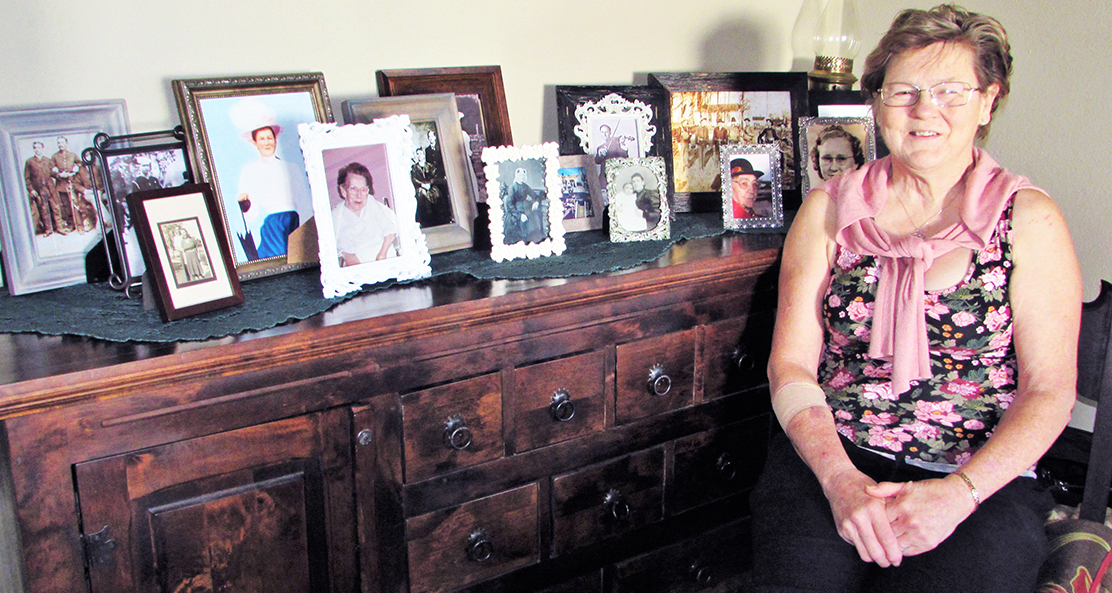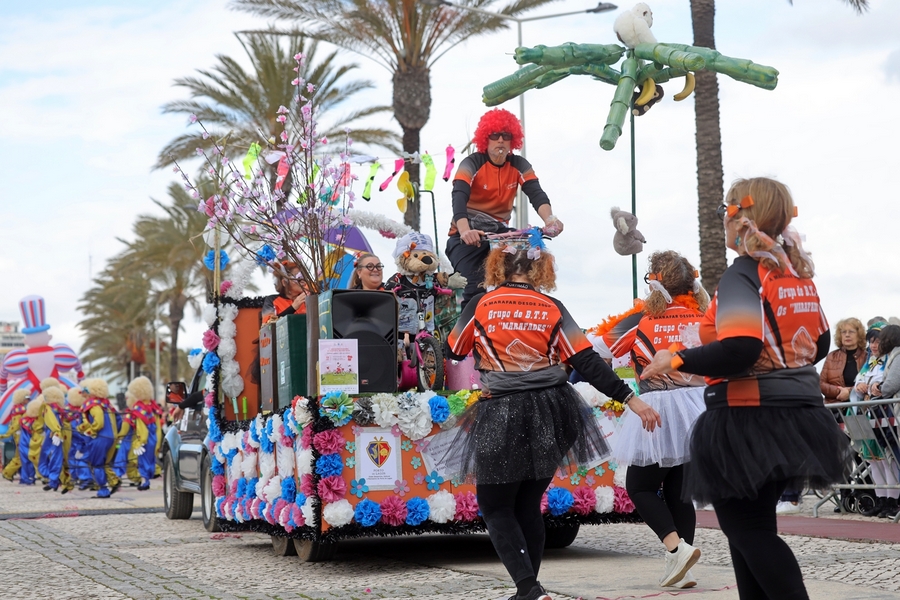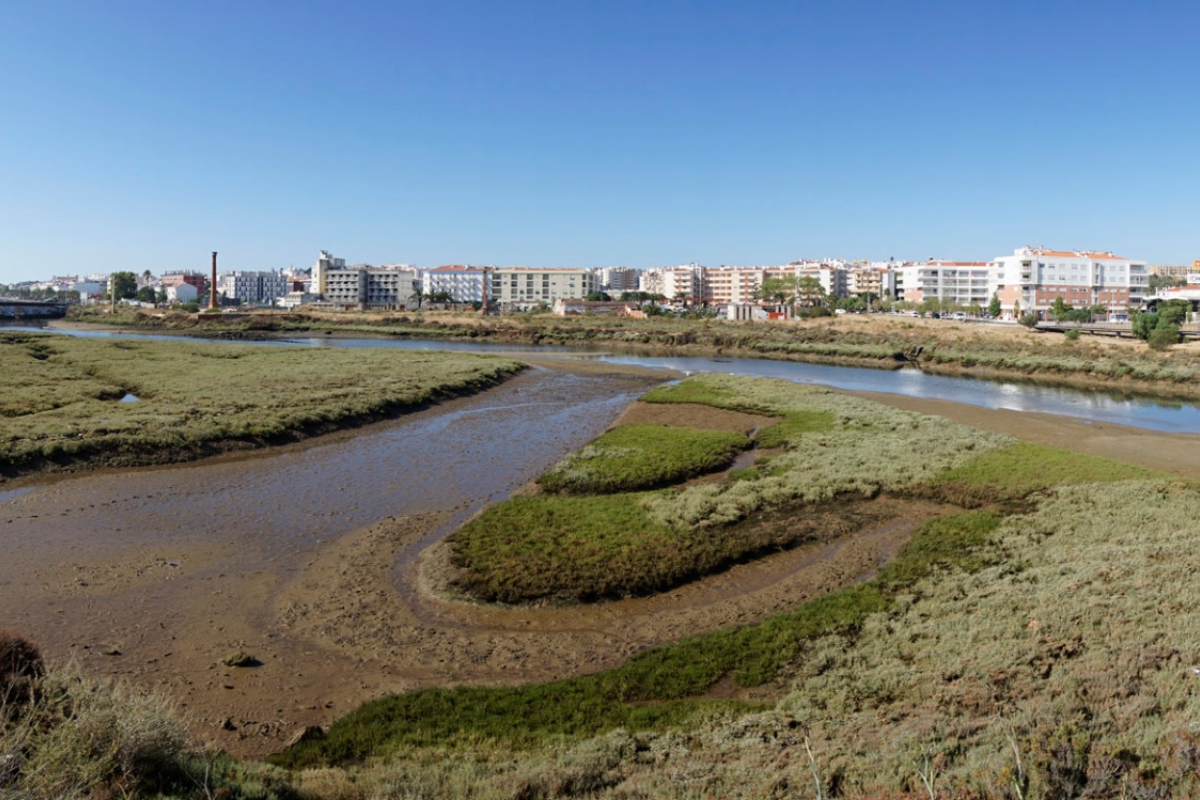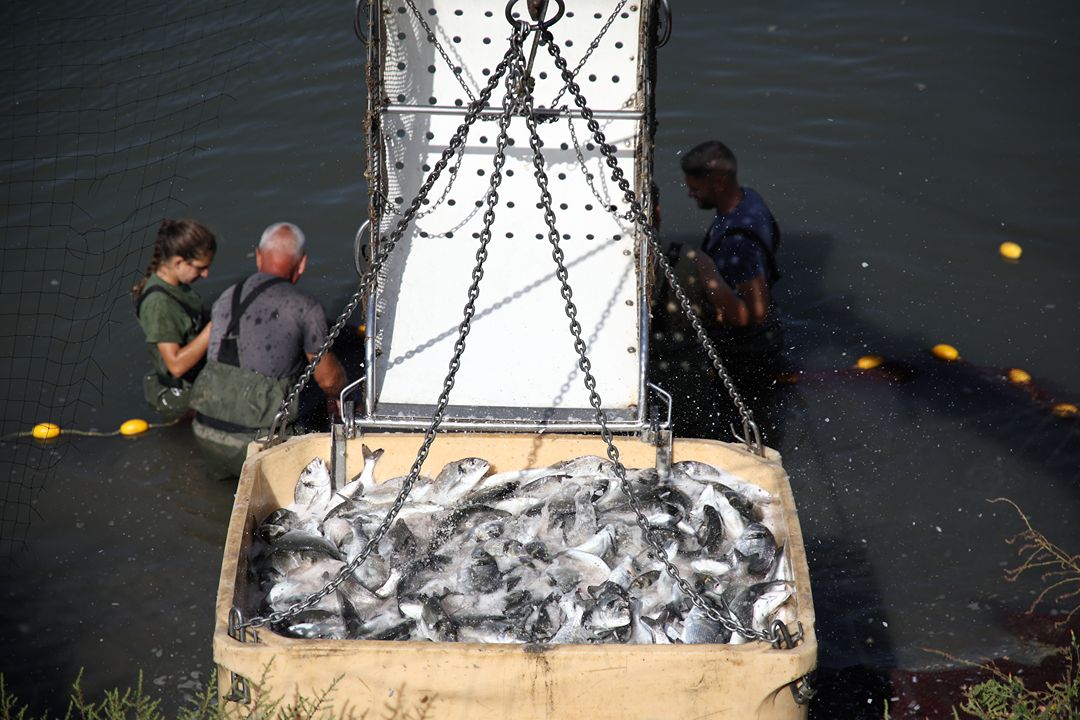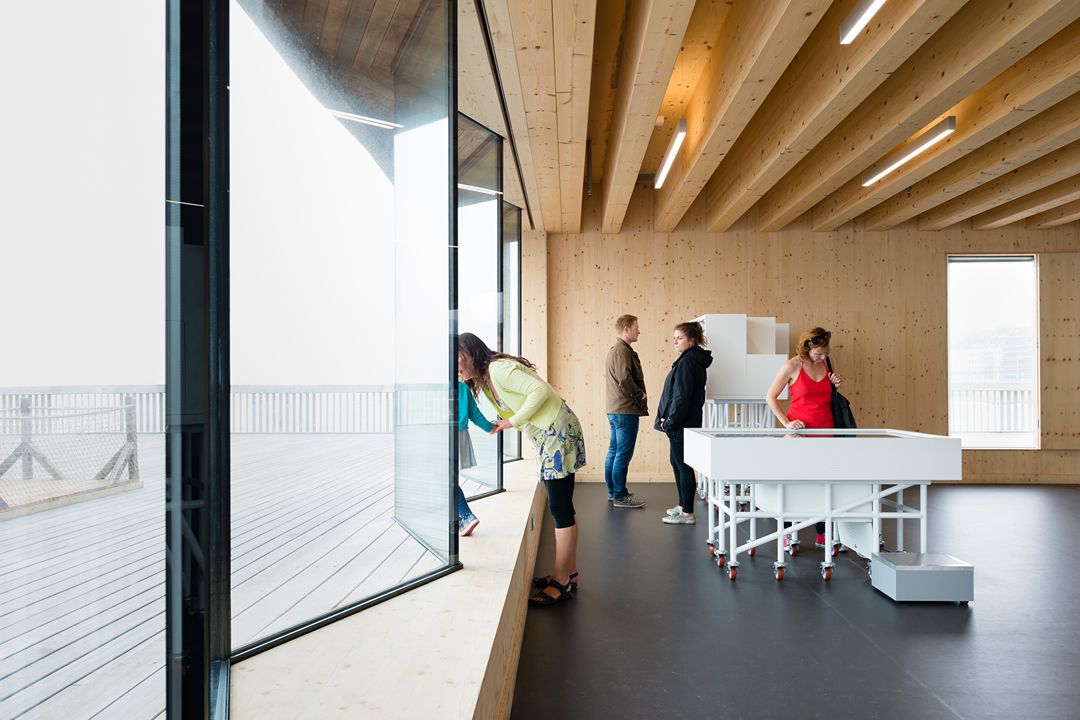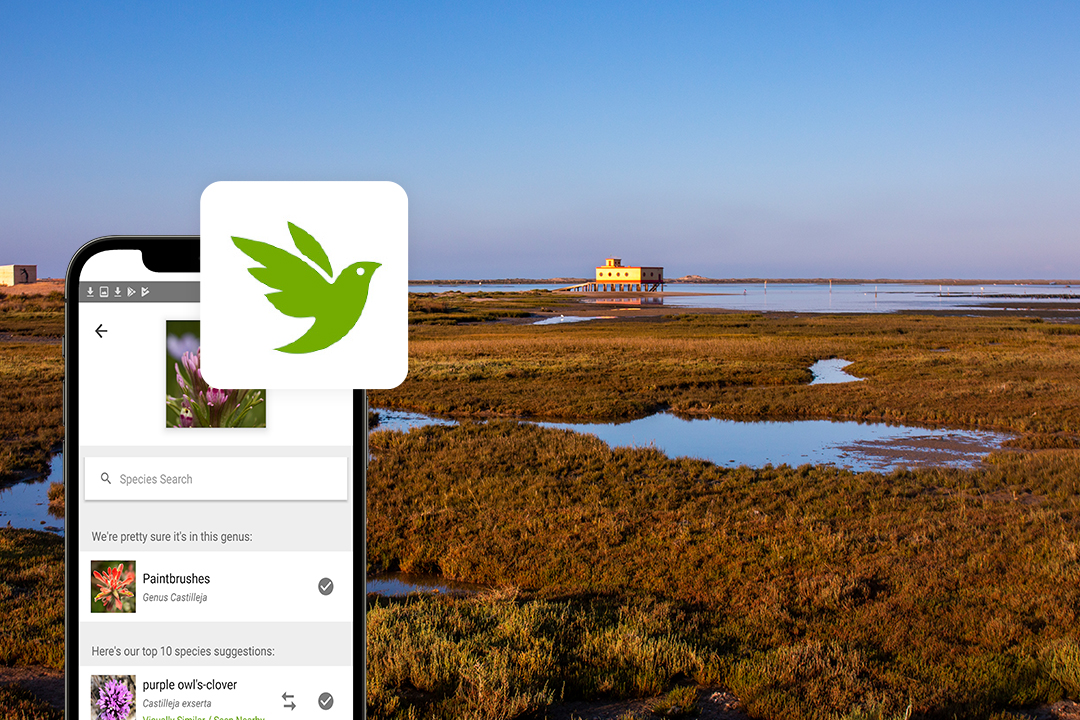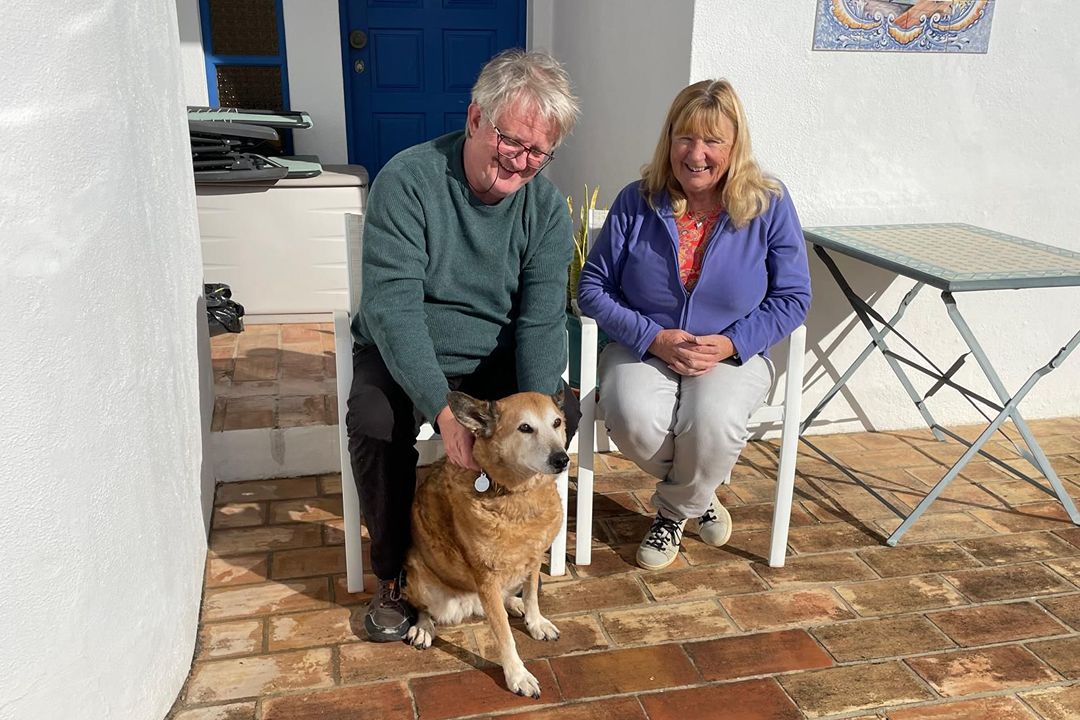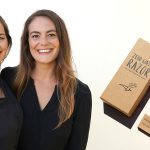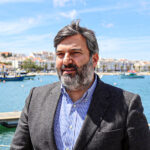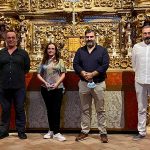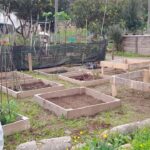By Tracy Burton
Back in the 1970s, Marie Kuijper Davis began delving into her husband’s North Carolina bloodline. Lacking the plethora of ancestry websites and online lineage groups that now exist, her natural instinct for genealogical research found her visiting churches, cemeteries and courthouses.
Daughter Peggy Littrell picks up the story.
“My mother was an avid genealogist before genealogy was cool. She did her research the hard way and put in a lot of legwork. She pursued her husband’s ancestry because her own father emigrated from Holland in 1910.”
When Marie died in 1994, she left behind twelve boxes of research: snippets of information scribbled on old envelopes, handwritten lists of births, deaths, baptisms and weddings, and family trees painstakingly drawn on computer paper. The boxes lay unopened for several years until Peggy and her sisters decided to examine the contents.
“I had more experience with genealogy,” explains Peggy, who moved from Kentucky to Alcantarilha in 2017 and then to Pêra in 2019. “And what I did know was from reading when I was helping Mum. I wasn’t the addict I am now at that point.”
Having evaluated the boxes’ contents, Peggy and two of her sisters were determined to pursue their late mother’s research. By then, a few websites dedicated to genealogy were springing up – like Ancestry.com – which helped tremendously.
“The idea is researchers can see other family trees and can share information. We entered what we could confirm to be true.”
Peggy’s passion for genealogy was well and truly ignited. When she retired, she tackled the daunting task of ruling into – or out of – the family tree those with similar-sounding names, parentage and birth/death dates. She joined a lineage society – the Daughters of the American Revolution – and learnt the importance of carefully collating and documenting evidence.
Many courses followed, and Peggy began offering her services – free at first – to help gather the proof required by the increasingly popular lineage societies.
Online resources are a huge help; however, a good genealogist still requires a terrier-like determination to establish facts and unravel untruths (including in official records). Common obstacles include conflicting documentation – often the result of illiteracy and bad handwriting – unvarying first names and illegitimacy.
“The one thing I’ve learned about our ancestors is they lacked imagination when naming their children,” Peggy tells me. “One immigrant had five sons, whom he named James, John, William, Thomas and Samuel. Those five sons had their own sons, whom they named James, John, William, Thomas and Samuel. This was repeated in the next generation, so you had all these cousins and second cousins with the same name born within five or six years of each other and invariably married to a Mary or Margaret.”
Wills can often throw much-needed light on relationships as the wife is named and surviving children usually listed in order. As well as those wishing to join lineage societies, Peggy does research for adoptive children seeking information about their biological families and others who are just curious about their heritage.
Some are keen to establish royal lineage. The 2019 film Robert the Bruce elicited research requests from Americans with Scottish ancestry.
Peggy’s research involves scrutinising vital records, the Census, church and military records, shipping passenger lists, wills and probate, tax records and genealogy websites, e.g. the Mormon’s Family Search. She charges by results, not the hours spent researching.
“We can now find out if someone has Native American or slave ancestors. And we have military records dating back to the American Revolutionary War.”
Peggy’s family research has taken her to England, Wales and Ireland. It was thrilling to learn that husband David’s ancestors once owned Dunster Castle in Somerset and Luttrellstown Castle near Dublin. By a happy twist of fate, the couple relocated to the Netherlands with his work. Peggy was able to fly her mother to the Netherlands, research Marie’s father’s ancestry and meet Dutch cousins.
“Years of experience have taught me where to go and what clues are in that record that might not answer the question but will lead me to where the question will be answered.”
Peggy Littrell is available for genealogy research.
+351 911 962 782
+1 859 620 9127 (Whatsapp)
little.sd.dp@gmail.com
